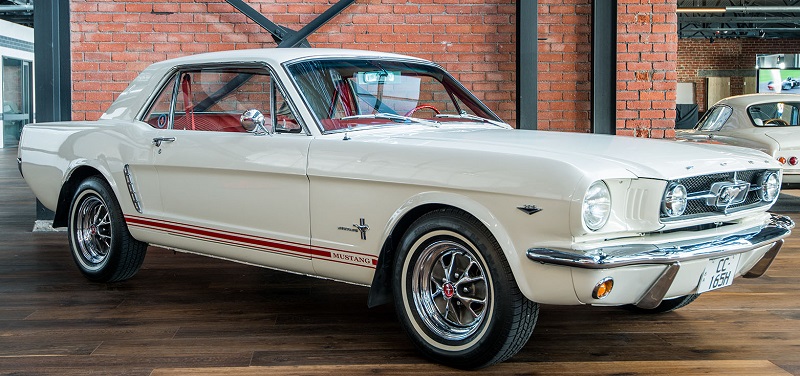I started reading this article in the DM more for entertainment value than any other reason:
I do not have a TV license as I only watch Netflix and Amazon. However, I’ve heard I will now need to buy a license. Is this true?
I know, I know: the premise of the question is puzzling to my Murkin Readers, in that the very concept of a “TV license” is unfamiliar not to say abhorrent. But leaving that aside for the moment, I found my amusement turning into something else altogether as I started reading the answer:
The general rule is that under UK law you need to have a current TV license if you, or anyone within your house, flat or premises, watches live television on any channel or service, record television programs as they are being broadcast live or watch anything on BBC iPlayer.
So when you tune in to watch ‘on demand’ television, such as Netflix, Amazon and other similar streaming services, no TV license is needed.
This is because here you are not watching ‘live’ programs – i.e. shows that are being broadcast when you watch or record them but, instead, choosing from a catalogue of options.
So far. so good (well no, not at all good, but whatever). Here’s where I started to feel a familiar itch in the old trigger finger:
What you have heard about relates to Netflix, the US streaming giant which has 17.1 million UK subscribers and has launched a new service where it broadcasts ‘live’ events – for example the former heavyweight champion Mike Tyson versus Jake Paul boxing match being broadcast on Friday.
This is therefore ‘live’ television, meaning if you watch this, or any other Netflix live event, as it is broadcast, or even if you record it to watch later, you fall squarely into the territory of needing a TV license.
To clarify, you can continue to watch Netflix without a TV license if you chose not to watch the live events.
Which begs raises the question: how EXACTLY does the BBC licensing Stasi know whether you’re watching a movie or a live show?
It seems quite a simple deduction that that the answer is twofold: either Netflix is sharing the viewing choices of the subscribers with the BBC, or the BBC is able somehow to monitor the channel feed, whether terrestrial or wireless. Either answer is fucking terrible.
I should point out that the only way the BBC can enforce this ridiculous license fee nonsense is because Brits are largely disarmed. If some Lizenzinspektor came to the average Texan’s door and started with the strong-arm bullshit, there’d soon be murders.
And just so we know what this is all about:
The standard TV licence now costs £169.50 per year. If you are required to have a license but fail to buy one, you risk being fined up to £1,000, plus any legal costs and compensation you may be ordered to pay.
Let’s hear it for the Surveillance Society.





